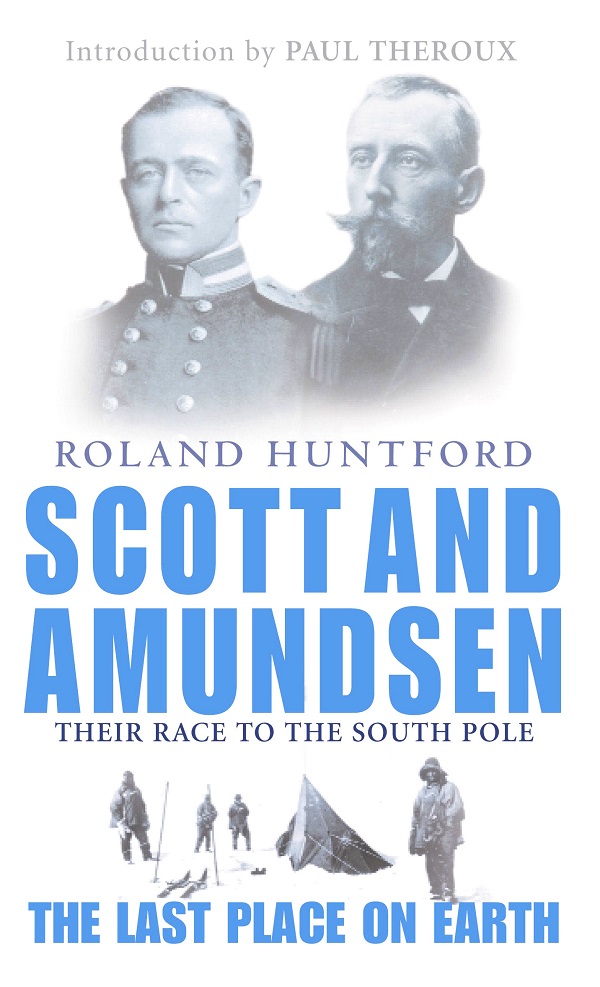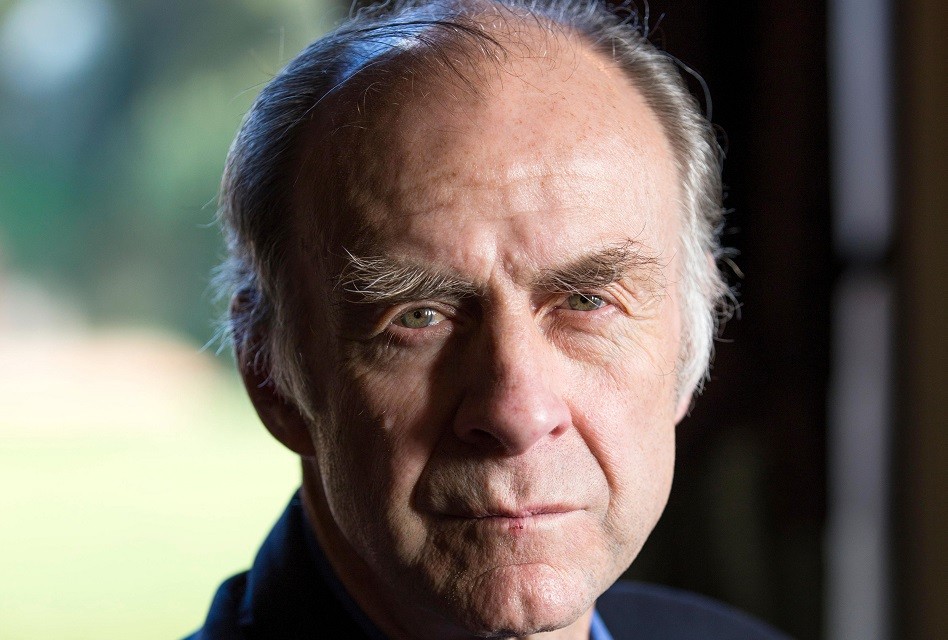Explorer and author Sir Ranulph Fiennes shares five of the books that shaped his life.
The White Spider by Heinrich Harrer
Germans call the north face of the Eiger ‘murder wall’.
It conjures visions of icy slopes and a tragic death toll of climbers trying to be first.
Heinrich was first. He wrote about it in a really amazing way.
I thought climbing Everest would deal with my vertigo.
It didn’t, so I thought I’d go for the north face of the Eiger.
This put me into the right frame of mind, i.e. terrified, before starting!
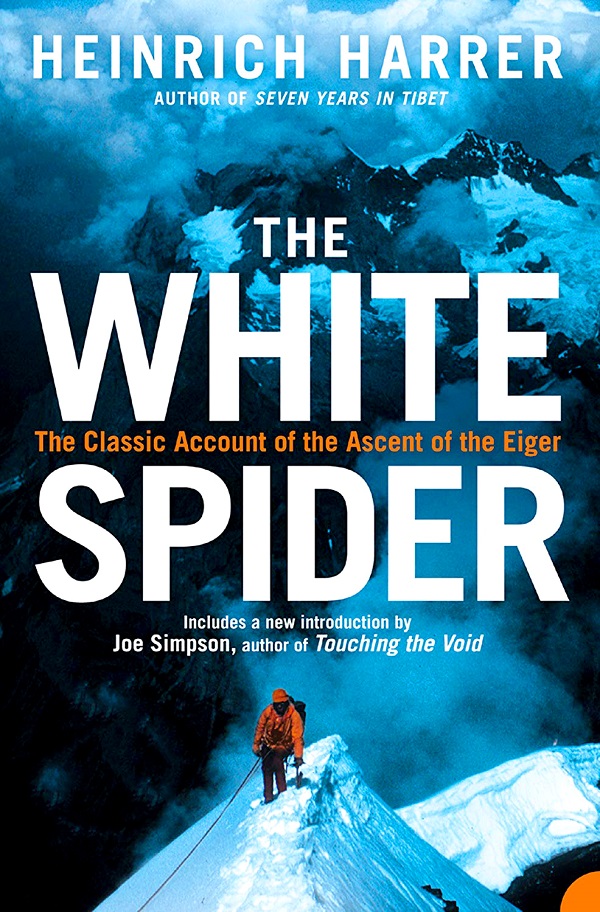
Oman: A History by Wendell Phillips
The Queen of Sheba colonised the frankincense orchards in South Oman, at the time of King Solomon.
We found this history fascinating.
And, as a result, my late wife and I did eight expeditions over 35 years into the great desert to find the frankincense city.
We found it in the 1990s.
It’s now the biggest excavation works in Arabia.
A fascinating book which opened everything up for us.

Solitude by Terry Waite
I don’t like doing solo expeditions.
With another person, when things are bad with frostbite, gangrene and crutch rot, you can work off your hatred.
But by yourself you need to know about solitude.
So I read this book by a man who had been put away for five years of solitary confinement in terrifying conditions.
He talked about the power of solitude.
As a prisoner of a vast, cold area into which I’d put myself, every attitude of how to fight it was valuable.
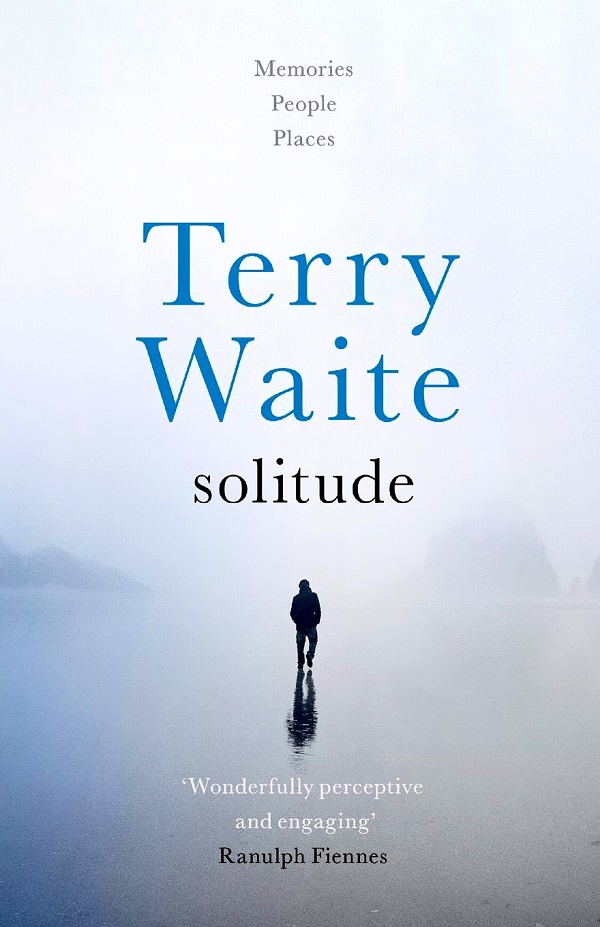
Across the Top of the World by Wally Herbert
In 1982 we decided we’d do the first ever journey vertically around Earth.
Crossing both poles, ice caps, the north west passage and the Sahara.
Only one person had crossed the Arctic Ocean – Wally Herbert – the biggest journey in time and distance in the history of polar exploration.
Our advisors said we’d never do it, but we’d read this book.
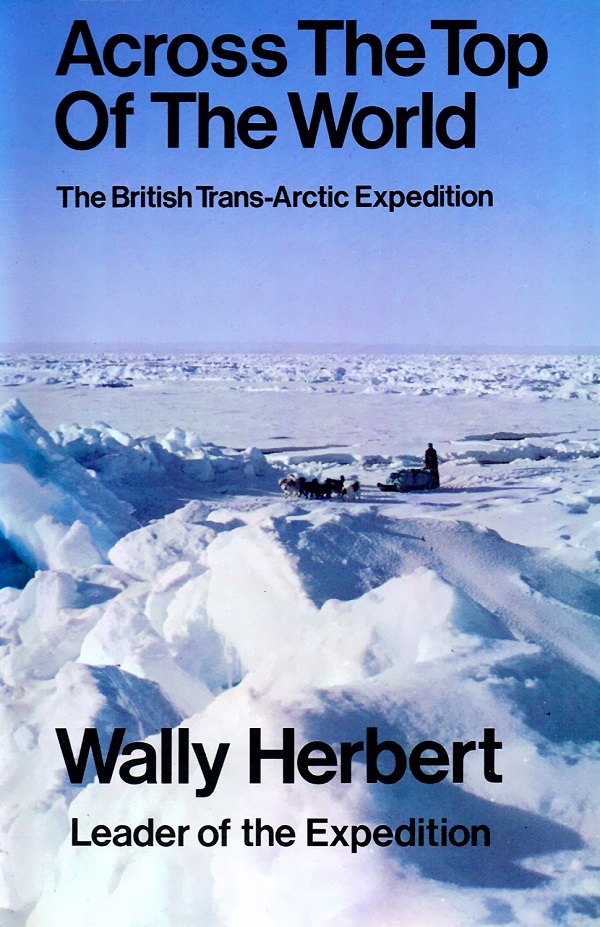
Scott And Amundsen: The Last Place on Earth by Roland Huntford
This is the arch example of how to make money writing about an icon, changing his reputation by inaccurate character assassination.
Huntford transformed the image of Captain Scott by lying.
I knew what Scott and Amundsen did.
I wrote about Scott because I was so incredibly annoyed by somebody misusing all the facts.
After three years of research, I went into every single thing Huntford wrongly said to try and put it right.
